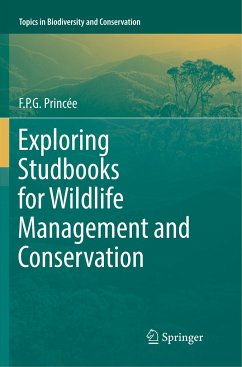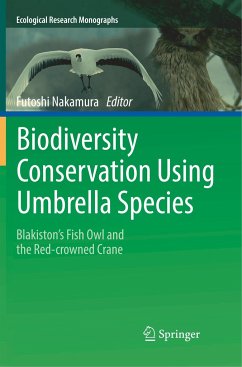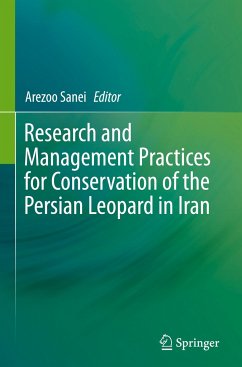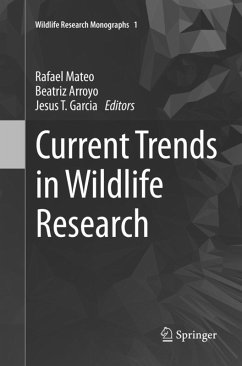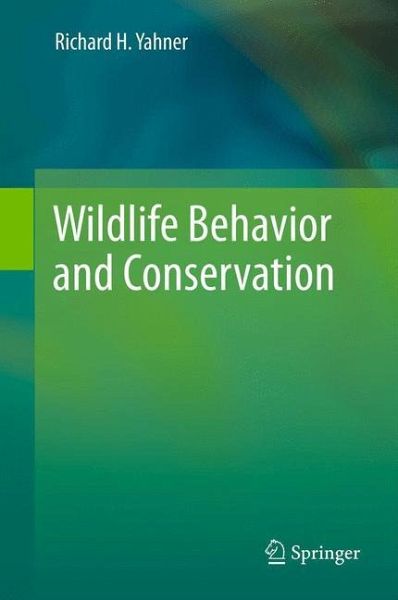
Wildlife Behavior and Conservation
Versandkostenfrei!
Versandfertig in 6-10 Tagen
113,99 €
inkl. MwSt.
Weitere Ausgaben:

PAYBACK Punkte
57 °P sammeln!
Begins with in-depth coverage of wildlife behavior concepts as they relate to conservation problems. Topics will focus principally on discussion, critique, and development of behavioral concepts, with particular attention given to published studies on various topics in wildlife behavioral concepts as related to conservation and natural history. He will include an extensive list of references. Wildlife Conservation and Behavior focuses on conservation, behavior, and ecology of wildlife. In this text, wildlife is defined as animals and plants, including domesticated and wild forms. For instance,...
Begins with in-depth coverage of wildlife behavior concepts as they relate to conservation problems. Topics will focus principally on discussion, critique, and development of behavioral concepts, with particular attention given to published studies on various topics in wildlife behavioral concepts as related to conservation and natural history. He will include an extensive list of references. Wildlife Conservation and Behavior focuses on conservation, behavior, and ecology of wildlife. In this text, wildlife is defined as animals and plants, including domesticated and wild forms. For instance, domestic forms of dogs and pigs have crossed the line recently between domesticated and wild forms. The first chapters focus on traditional behavior as it relates to psychology. In later chapters, the focus is more on traditional behavior.
The extensive reference section will be useful for undergraduate students interested in wildlife behavior. Also, this text will be of interest to those whose focus is simply the outdoors and associated wildlife. Today, most people are interested in wildlife but are unsure about the behavior of wildlife. Hopefully, this book will help to bridge this gap.
The extensive reference section will be useful for undergraduate students interested in wildlife behavior. Also, this text will be of interest to those whose focus is simply the outdoors and associated wildlife. Today, most people are interested in wildlife but are unsure about the behavior of wildlife. Hopefully, this book will help to bridge this gap.








